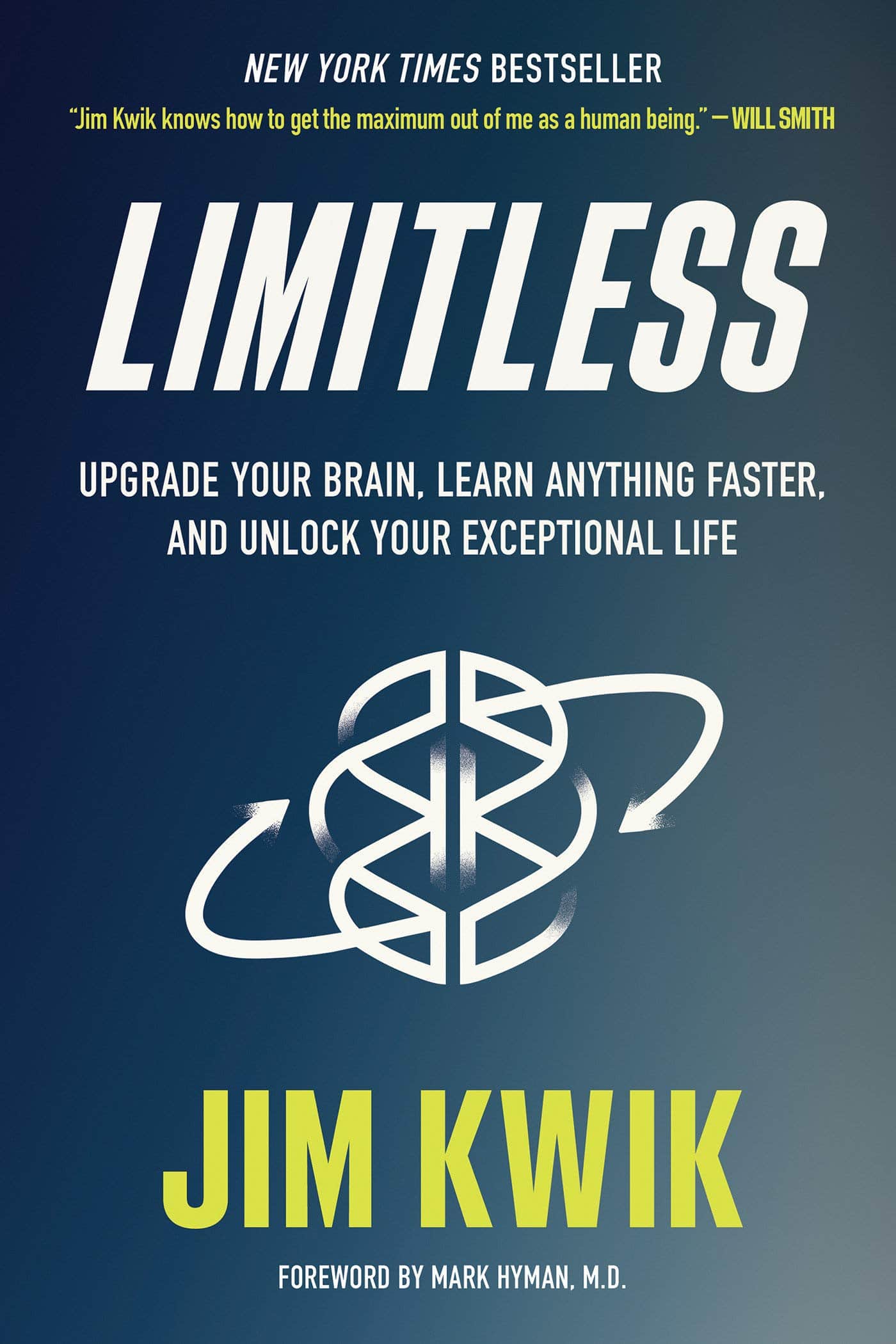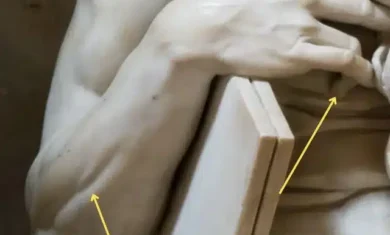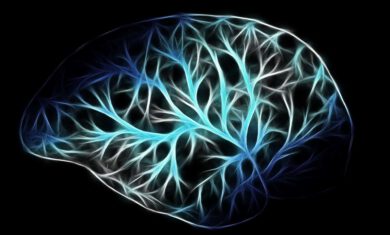Last month I shared the idea of “anchor & twist” when it comes to marketing. You need to anchor your new product to an existing idea so that people will understand what you have, and then you can twist them to the new benefits that your product can bring.
The same can work for your memory.
If you can anchor a new piece of knowledge to something that you already understand, it will be much easier to recall it in the future. In his book Limitless, author Jim Kwik put it this way:
“To remember any new piece of information, you must associate it with something you already know.”
An article from The Guardian a few years ago takes this even further:
Always recall related knowledge actively when you’re learning new information. For example, if your task it to learn about the current situation in a certain country, recall what you already know about its history.
Don’t be tempted to look everything up immediately – even though Google has made that so easy. Take some time to retrieve what your own brain has stored about the topic first, even if it doesn’t relate directly to what you’re studying.
The key is to make this intentional. From that same article, they say “We do not always consciously make use of what we already know when we try to learn new information.” Our brains will do it to some degree automatically, but taking a brief moment to intentionally focus on that connection can help with long-term memory to a huge degree.
I’m a believer in a brute-force style of memory in a lot of ways, but some simple tricks can take whatever method you use and make it even better.




